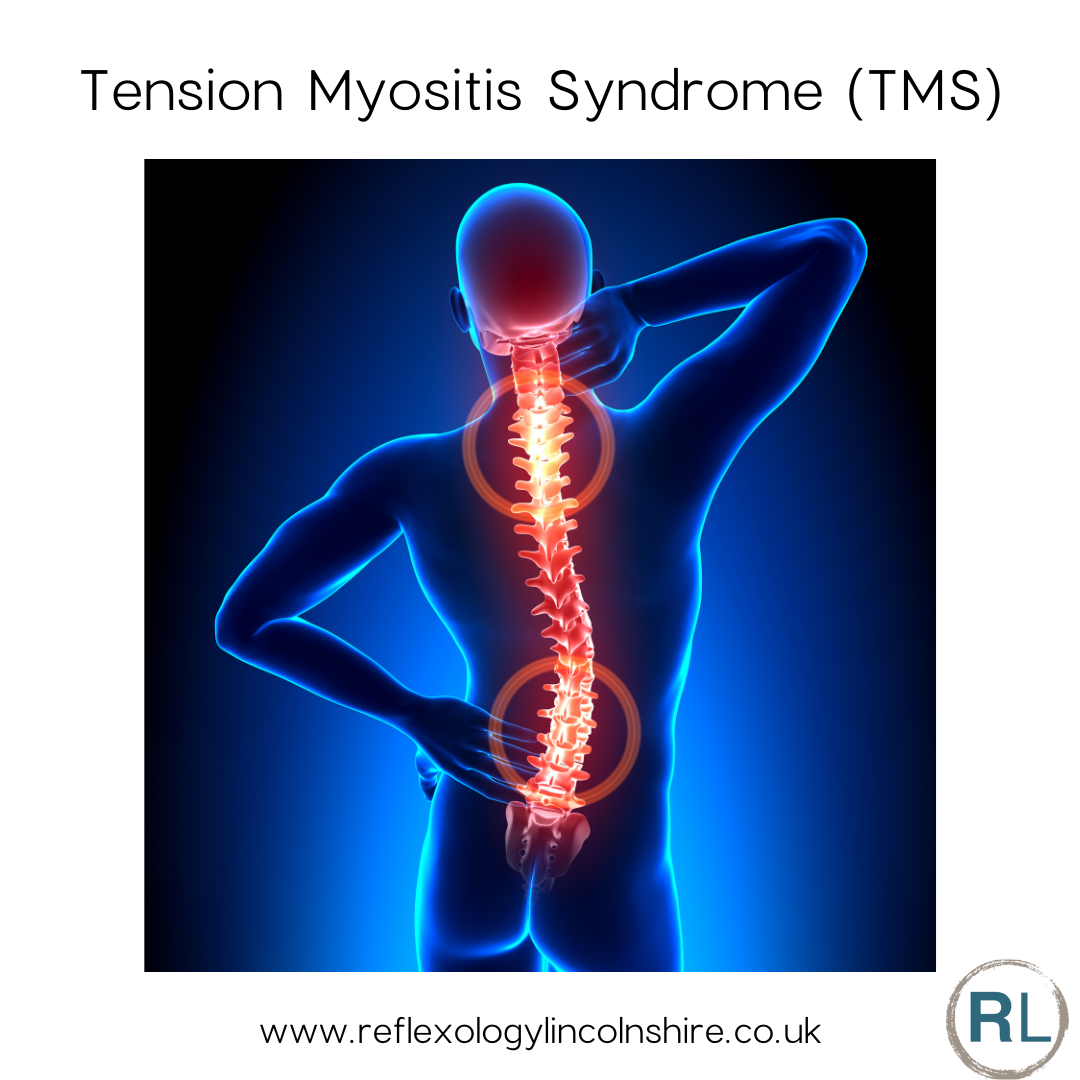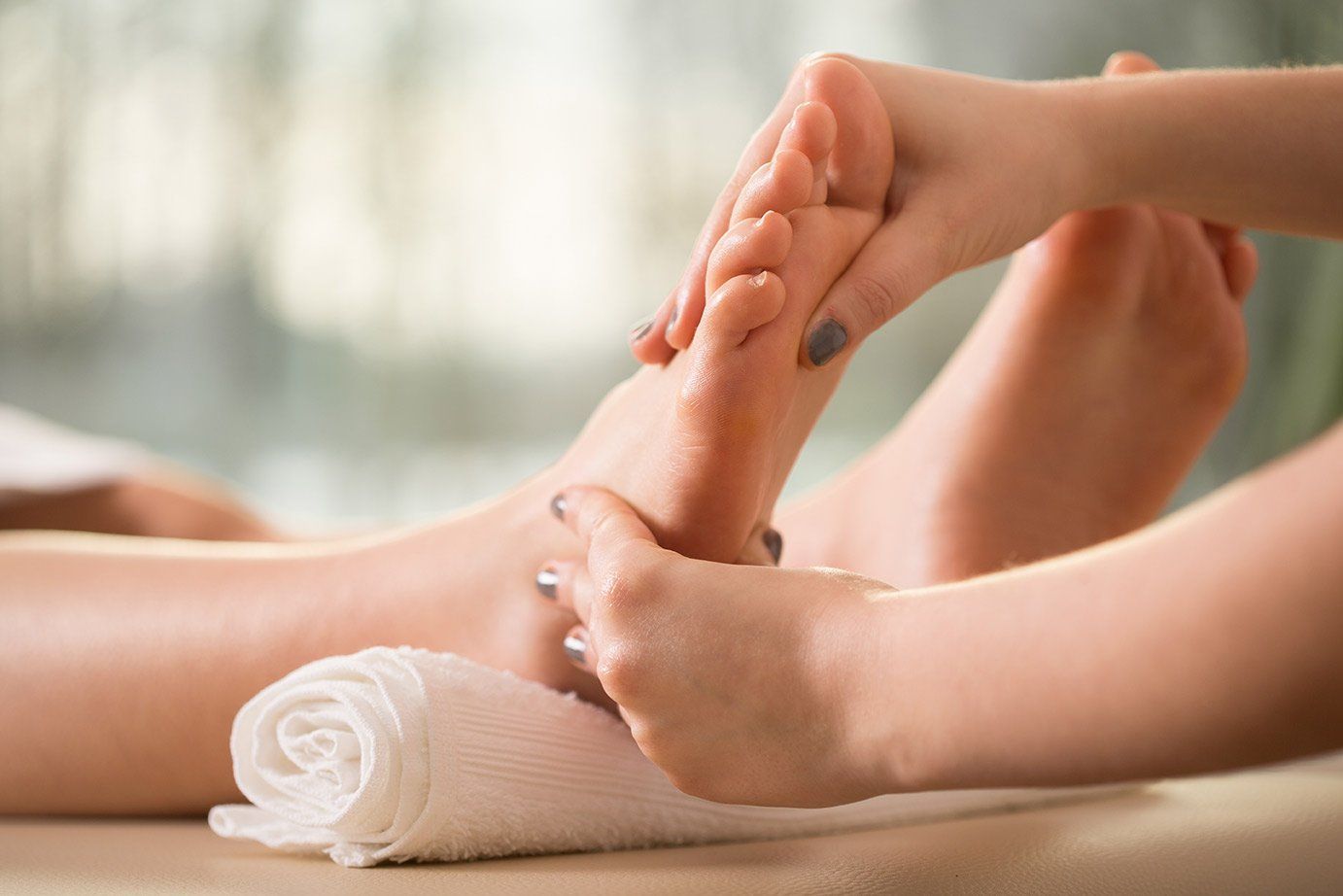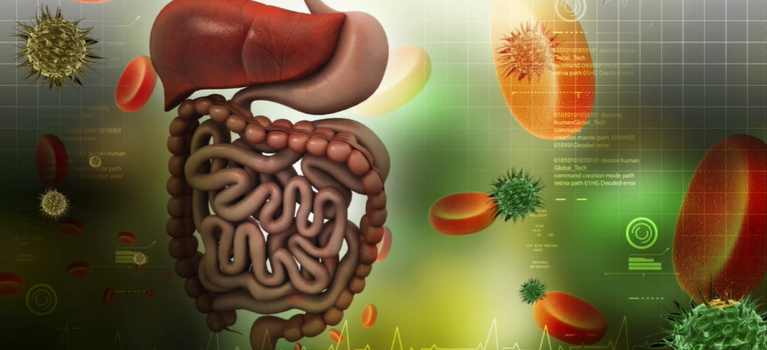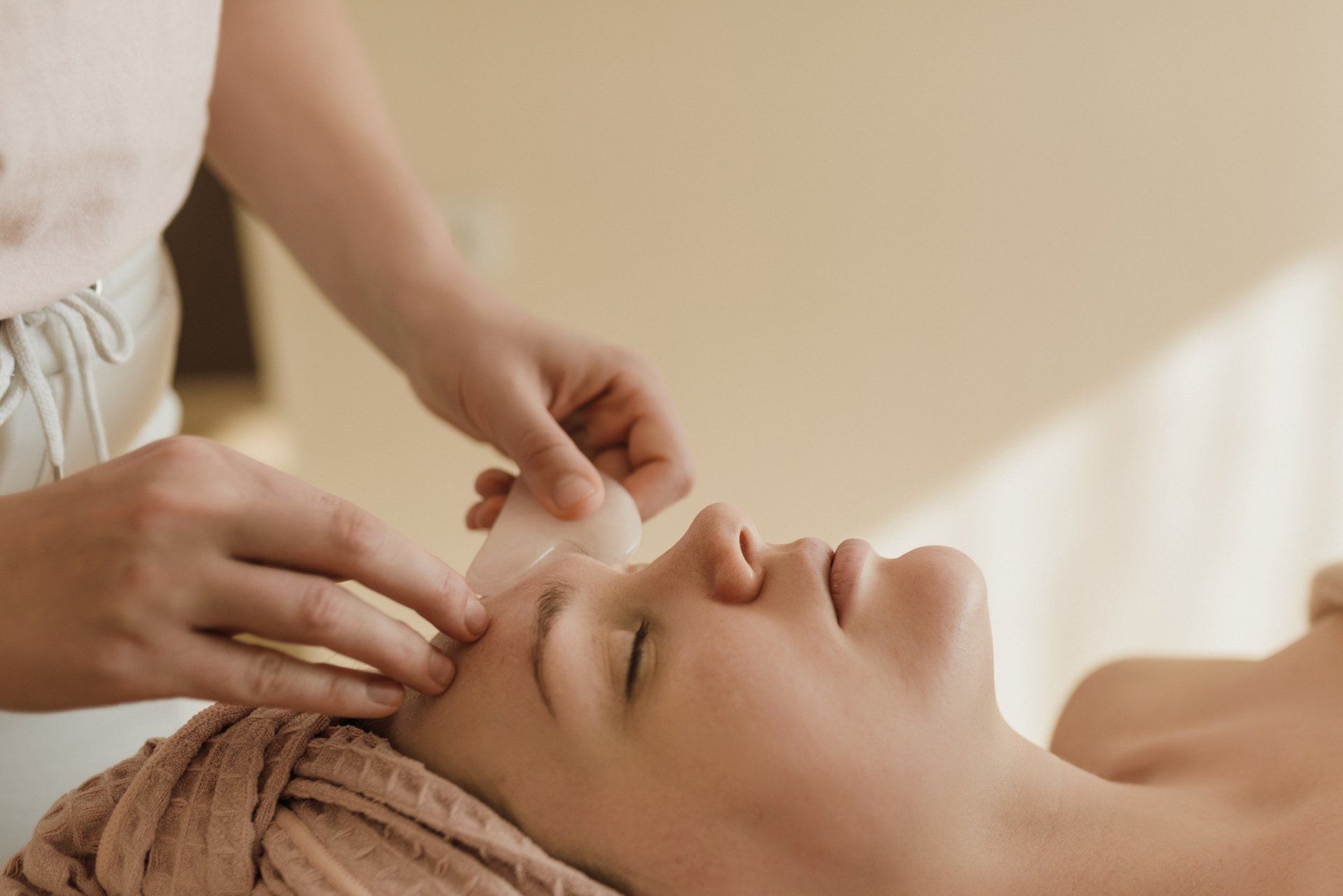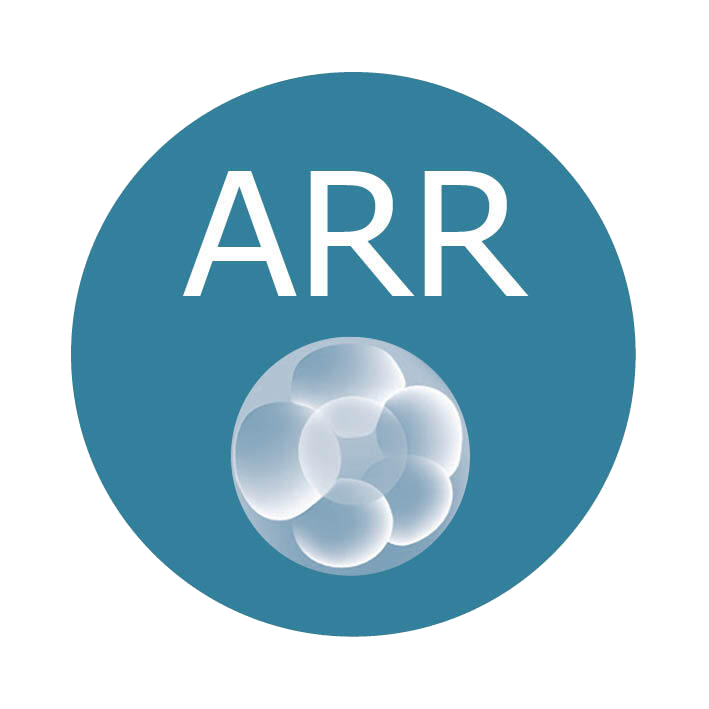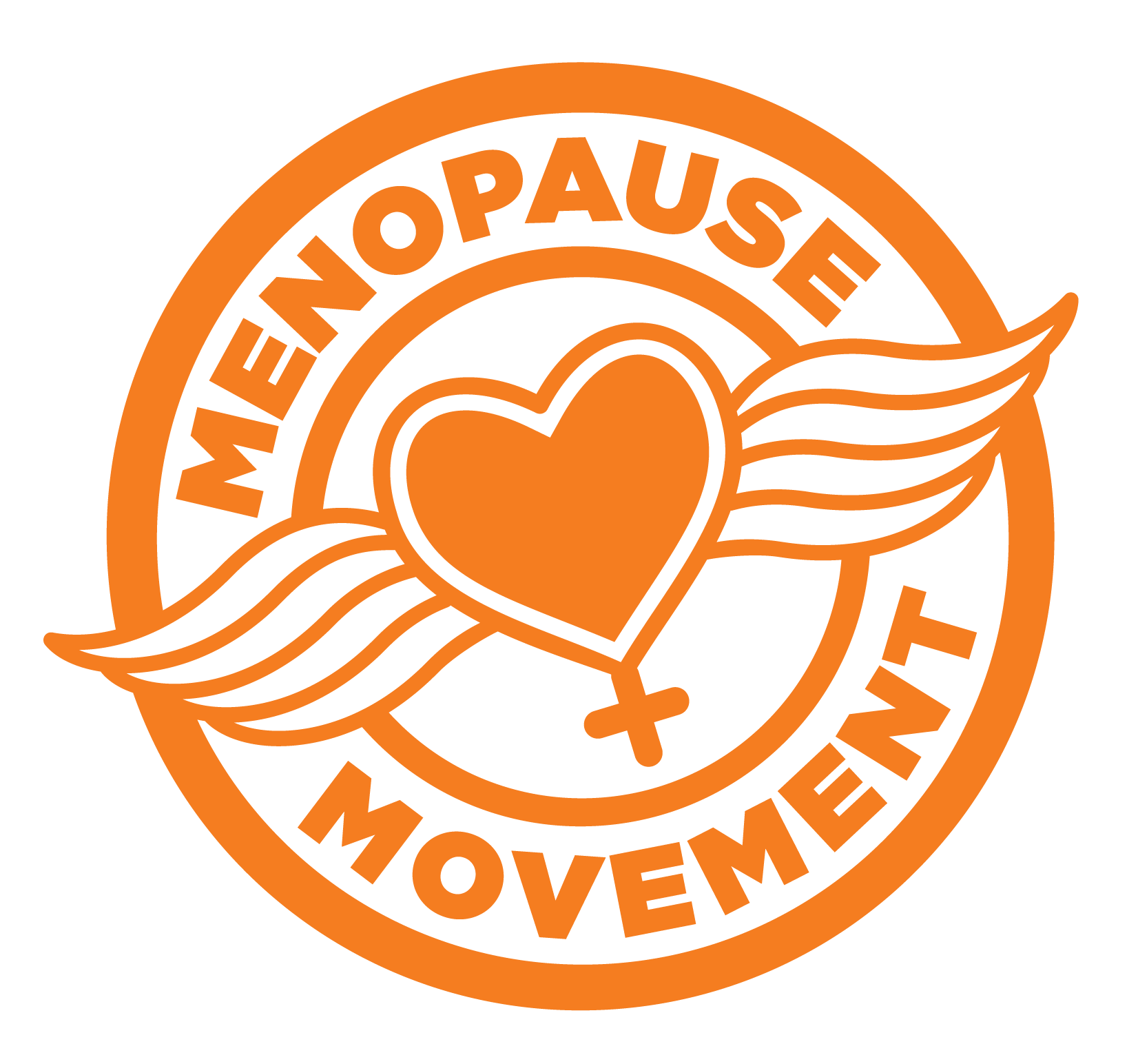Menopause
October is menopause awareness month and this year the focus is about cardiovascular disease. It aims to raise awareness about menopause and its impact on those who experience it.

Menopause is a natural biological process that marks the end of a woman's reproductive years, typically occurring in their late 40s or early 50s. During this transition, hormonal changes, particularly a decrease in estrogen levels, can have various effects on the body, including potential impacts on cardiovascular health. Cardiovascular disease (CVD) refers to a group of conditions that affect the heart and blood vessels, and it is a leading cause of death among women. Here's how menopause and cardiovascular disease are related:
Estrogen and Cardiovascular Health:
Estrogen's Protective Effect : Estrogen, a hormone primarily produced by the ovaries, has been shown to have a protective effect on the cardiovascular system. It helps maintain healthy blood vessels by promoting their flexibility and preventing the buildup of plaque (atherosclerosis). Estrogen also has a favourable impact on cholesterol levels by increasing high-density lipoprotein (HDL or "good" cholesterol) and reducing low-density lipoprotein (LDL or "bad" cholesterol).
Decline in Estrogen : Menopause leads to a significant decrease in estrogen levels. This hormonal shift can result in changes to blood vessels, making them less flexible and more susceptible to atherosclerosis. Additionally, alterations in lipid metabolism can lead to unfavourable changes in cholesterol levels.
Increased Risk of Cardiovascular Disease:
Postmenopausal Cardiovascular Risk: After menopause, women's risk of developing cardiovascular disease increases. In fact, the risk of heart disease in postmenopausal women is comparable to that of men. This suggests that estrogen may play a protective role in heart health.
Hypertension: Menopause is often associated with an increased risk of hypertension (high blood pressure), which is a significant risk factor for cardiovascular disease. Hormonal changes and age-related factors contribute to this increase.
Other Cardiovascular Risk Factors:
Metabolic Changes: Menopause is associated with metabolic changes, including an increased risk of insulin resistance and obesity. These changes can contribute to a higher risk of CVD.
Aging Process : As women age, the risk of cardiovascular disease naturally increases. Menopause often coincides with this aging process, which can further elevate the risk.
Symptoms and Cardiovascular Health :
Vasomotor Symptoms : Some menopausal symptoms, such as hot flashes and night sweats, may affect sleep quality and overall well-being. Poor sleep and increased stress can indirectly impact cardiovascular health.
Prevention and Management:
Healthy Lifestyle: Women going through menopause can take steps to reduce their cardiovascular risk. This includes maintaining a healthy diet, engaging in regular physical activity, managing stress, and avoiding smoking.
Hormone Replacement Therapy (HRT): Some women may consider hormone replacement therapy to alleviate menopausal symptoms and potentially reduce cardiovascular risk. However, the decision to use HRT should be made on an individual basis after discussing the benefits and risks with a healthcare provider.
Regular Check-ups : Women should have regular check-ups with their healthcare providers to monitor cardiovascular risk factors such as blood pressure, cholesterol levels, and blood sugar.
In summary, the hormonal changes associated with menopause, particularly the decline in estrogen, can impact cardiovascular health and increase the risk of cardiovascular disease in women. However, lifestyle modifications and proactive healthcare measures can help mitigate these risks. It's essential for women to work closely with their healthcare providers to assess and manage their individual cardiovascular risk during and after menopause.
Here are some top tips for navigating menopause:
- Educate Yourself:
- Learn about the menopausal process, including the physical and emotional changes that can occur. Understanding what to expect can help you better manage the transition.
- Maintain a Healthy Lifestyle:
- Focus on a balanced diet rich in fruits, vegetables, whole grains, lean proteins, and low-fat dairy products. Limit your intake of processed foods, sugar, and saturated fats.
- Engage in regular physical activity, including both cardiovascular exercises (like walking or swimming) and strength training. Exercise can help manage weight, reduce stress, and improve mood.
- Get adequate sleep. Establish a bedtime routine and create a sleep-conducive environment to address any sleep disturbances that may accompany menopause.
- Stay Hydrated:
- Drink plenty of water to stay well-hydrated, as hormonal changes can sometimes lead to increased thirst.
- Manage Stress:
- Practice stress-reduction techniques such as deep breathing exercises, meditation, yoga, or mindfulness to help alleviate anxiety and improve mental well-being. Reflexology is also a great tool for managing stress.
- Stay Socially Connected:
- Maintain a strong support system by staying connected with friends and family. Sharing your experiences and feelings can provide emotional support during this time of change.
- Seek Relief for Symptoms:
- Reflexology can be a real benefit for combating menopausal symptoms. It releases stress and anxiety which in turn balances hormones. This will improve your overall wellbeing and make you feel like your new self.
- Pelvic Health and Bone Health:
- Pelvic floor exercises, such as Kegels, can help maintain bladder control and prevent urinary incontinence.
- Pay attention to bone health by ensuring an adequate intake of calcium and vitamin D, as menopause is associated with a higher risk of osteoporosis. Weight-bearing exercises can also help maintain bone density.
Continue with routine health check-ups, including screenings for conditions like breast cancer and heart disease. Menopausal women may be at a higher risk for certain health issues, and early detection is crucial.
Stay Positive:
Embrace this new phase of life as an opportunity for personal growth and self-discovery. Focus on the positive aspects of menopause, such as the end of menstruation and potential freedom from birth control concerns.
Hormone Replacement Therapy (HRT):
Consider HRT after discussing its benefits and risks with your healthcare provider. HRT can effectively alleviate menopausal symptoms, but it's not suitable for everyone.
Remember that every woman's experience with menopause is unique, and what works best for one person may not be the same for another. We know it's important to tailor our approach to your individual needs and have trained in different menopause genres to be able to achieve this for you. Why not get in touch and have a chat with us, we are always happy to help and support you.

